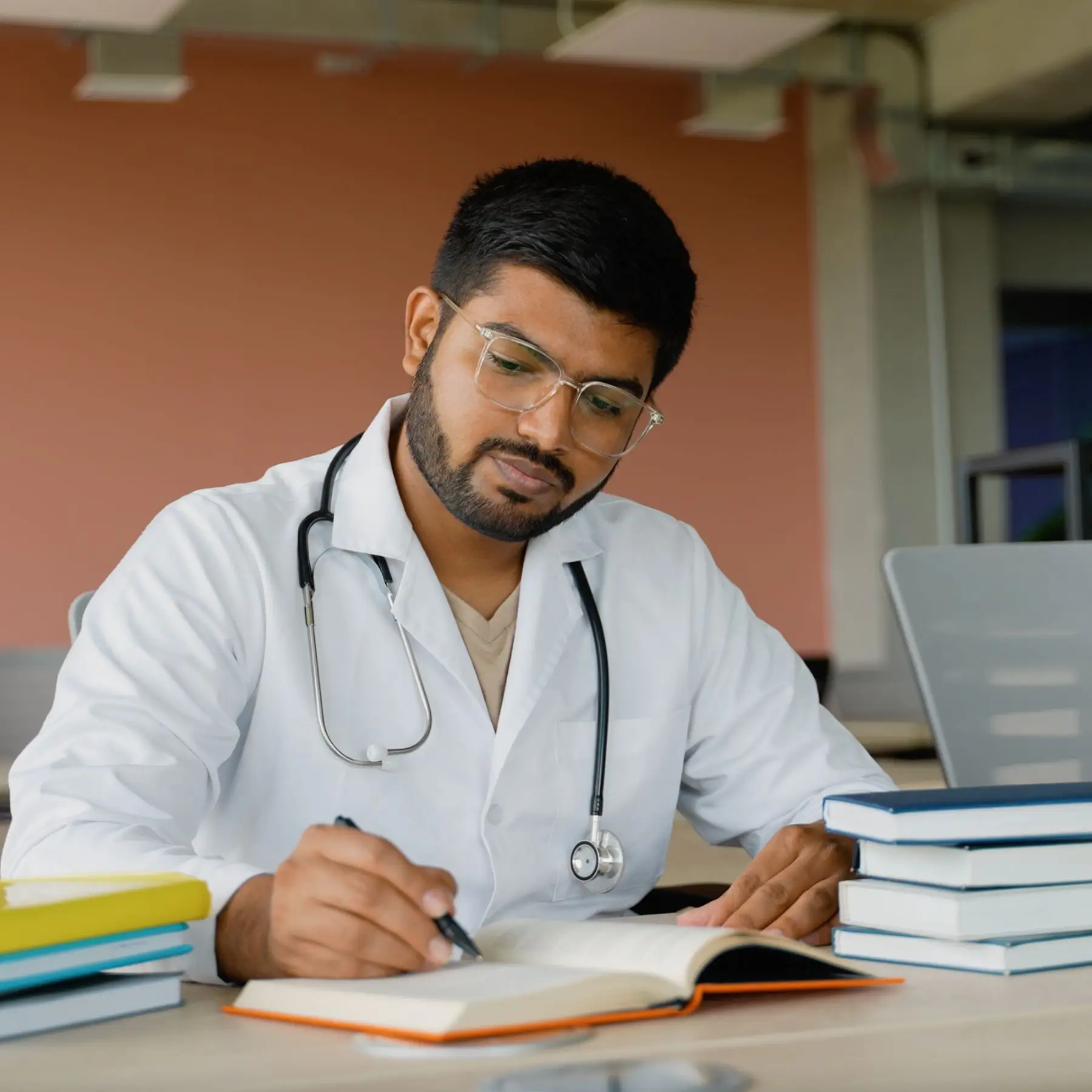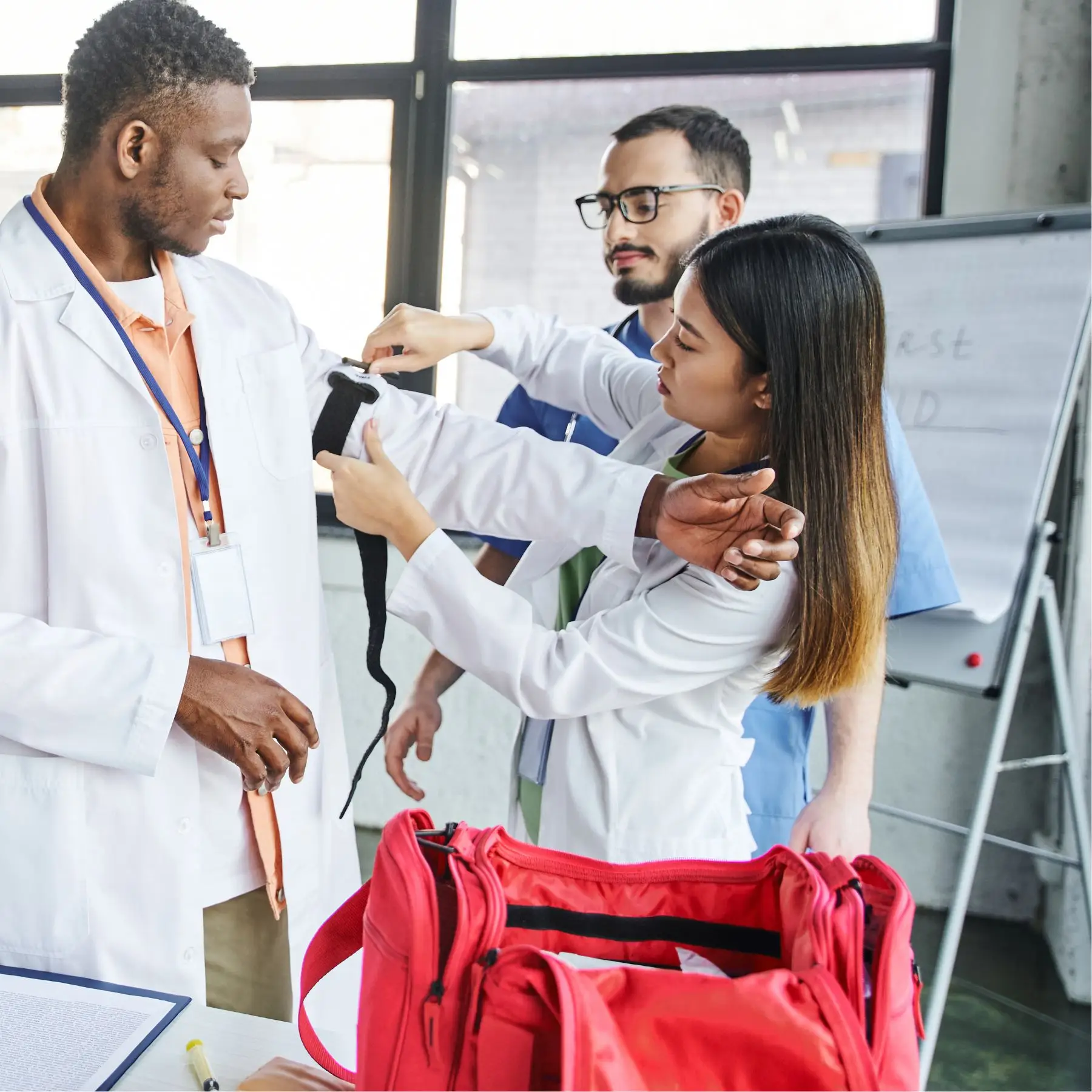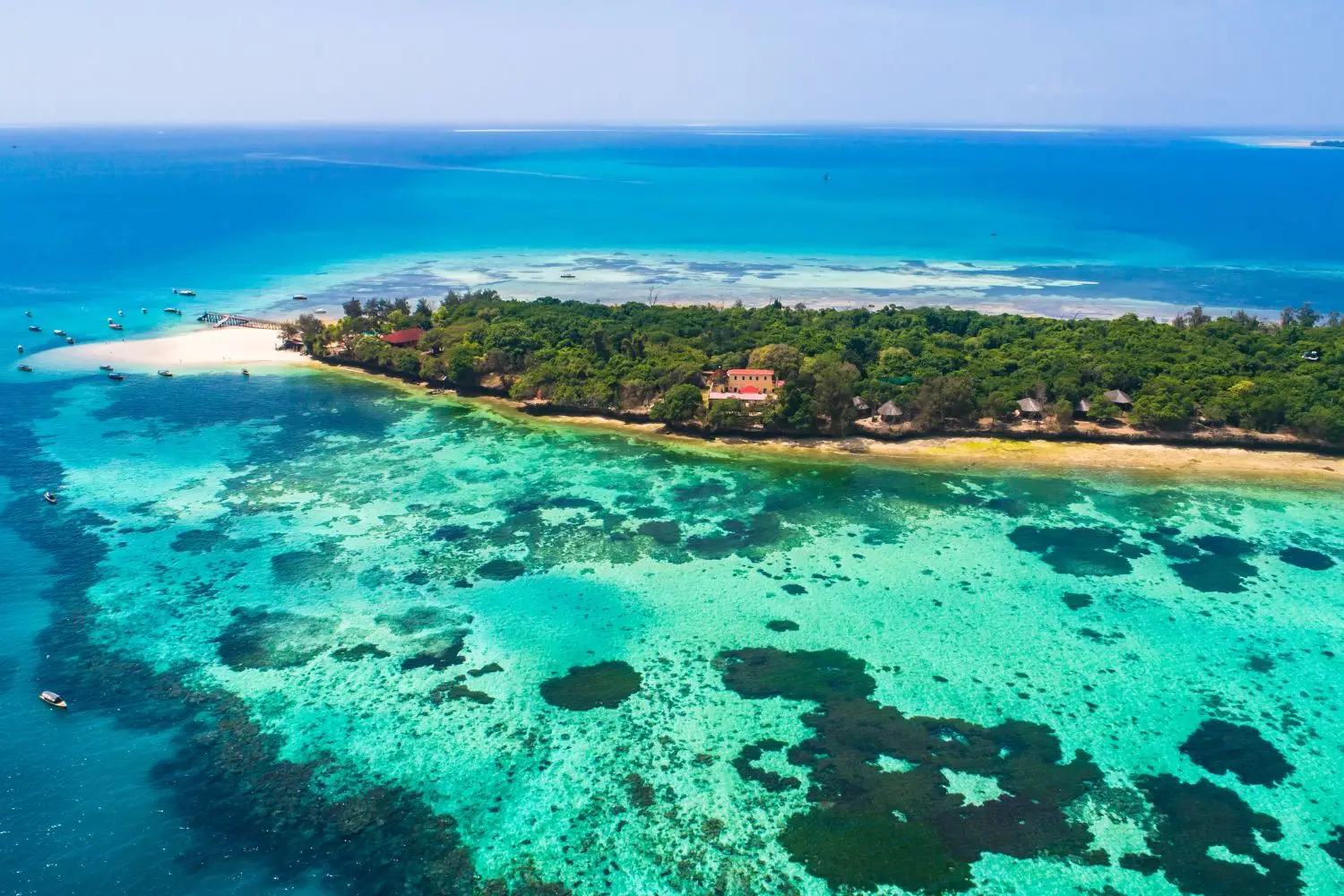Medical Internship in Tanzania
Step into one of East Africa’s busiest hospitals and gain hands-on clinical exposure while experiencing the cultural vibrancy of Tanzania.

At a glance:
- Tanzania
- 2–12 weeks (minimum 2 weeks)
- Accommodation & Meals Included
Drag the above left to see more
Overview:
Gain practical, real-world medical experience in one of East Africa’s most dynamic healthcare systems. This Medical Internship in Tanzania offers aspiring doctors, nurses, pharmacists and allied health students the opportunity to observe and assist in hospital departments while contributing to patient care and public health initiatives. Through direct exposure to medical procedures, ward rounds, and community outreach, you’ll strengthen your clinical understanding, communication skills and cultural awareness—all while making a meaningful impact in local healthcare delivery.

Drag the above left to see more
Internship Details:
This internship provides a structured and supervised opportunity to experience life inside a busy healthcare environment. Interns support medical staff in patient care, diagnostics and education under the guidance of experienced professionals.
You’ll assist in patient assessments, observe surgical and clinical procedures, participate in public health programs and engage in community outreach initiatives. The internship is tailored to your academic level—whether you’re a medical, nursing, or pharmacy student—and allows for gradual progression from observation to hands-on assistance.
Interns rotate across various hospital departments such as General Medicine, Pediatrics, Surgery, Obstetrics & Gynecology, Pharmacy, Radiology and Emergency Care. These rotations ensure comprehensive exposure to multiple disciplines, providing a well-rounded foundation in healthcare practice. Daily mentorship, case discussions and ongoing evaluations support both your learning and professional growth.
Facility: Hospital, Dar es Salaam
Departments: General Medicine, Surgery, Pediatrics, Obstetrics & Gynecology, Emergency Care, Pharmacy, Radiology
Duration: Minimum 2 weeks
Start dates: Weekly, every Monday in 2025 and 2026
Working hours: 8 hours per day, Monday–Friday
Supervision: Senior medical staff with daily follow-ups, evaluations and mentorship
Capacity: Up to 30 interns across multiple departments
Participant Requirements:
- Minimum age: 18
- Duration: Minimum 2 weeks
- English: Advanced
- Required background: Medicine, nursing, pharmacy or allied health sciences (students or graduates)
- Documents required: CRB check, CV, cover letter, academic transcripts, passport copy, vaccination records, recommendation letter
- Dress code: Scrubs or a white coat, professional attire, closed shoes
- Additional equipment: Personal stethoscope, gloves, notebook, medical reference materials, watch with second hand

Drag the above left to see more
Programme Highlights:
- Provide interns with structured clinical experience in a hospital setting
- Support local healthcare delivery through supervised assistance
- Enhance medical knowledge and patient care skills
- Foster cultural exchange between interns and healthcare professionals
- Develop professional growth through mentoring and training opportunities

Drag the above left to see more
What’s Included:
- Internship placement at Hospital
- Supervised training and mentorship from medical staff
- Rotations across multiple hospital departments
- Structured feedback, evaluations and CME sessions
- Airport pickup and 24/7 in-country support
- Accommodation from Sunday until Saturday noon of your last week
- Daily meals: 3 meals on weekdays, 2 meals on weekends
Not included: Flights, visa, insurance, personal medical equipment (scrubs, stethoscope, gloves), personal expenses.

Drag the above left to see more
A Day in the Life:
Interns work Monday to Friday for about 8 hours per day. A typical week includes ward rounds, patient consultations, diagnostic observations, operating theatre visits and public health programs. Specific rotations are assigned based on hospital needs and intern experience. Evenings are free for reflection, cultural exploration or study.
Schedules vary by department and hospital needs, ensuring interns experience a wide range of activities.

Why this internship?
This internship strengthens clinical knowledge while building key 21st-century skills such as adaptability, resilience, critical thinking and intercultural communication. Interns will gain hands-on understanding of healthcare delivery in a resource-limited setting, develop collaboration skills within diverse medical teams and enhance confidence in both clinical and community-based care. Exposure to multiple specialties ensures broad-based learning that prepares you for further studies or professional practice in global healthcare.
You’ll gain both clinical and transferable career skills:
- Critical Thinking & Problem Solving: Apply knowledge in a resource-conscious healthcare system
- Clinical Confidence: Build comfort in professional hospital settings
- Collaboration: Work within diverse medical teams and cross-cultural environments
- Adaptability & Resilience: Learn to thrive in dynamic and sometimes unpredictable healthcare contexts
- Global Health Awareness: Understand healthcare delivery challenges and innovations in East Africa

Life in Tanzania
Dar es Salaam, the largest city and commercial hub, is a bustling port where modern development meets traditional Swahili culture. Here, colorful markets, lively street food stalls, and a welcoming coastal vibe make it the perfect introduction to Tanzanian life. Just offshore lies the stunning Zanzibar Archipelago, famous for its white-sand beaches, spice farms, and centuries-old Stone Town, a UNESCO World Heritage Site.
Frequently asked questions
Can I choose which department I work in?
Yes, your placement depends on your background and interests, though rotations across departments are encouraged.
Will I be allowed to perform medical procedures?
Your role depends on your training level. Beginners focus on observation and patient care support, while advanced interns may assist with minor procedures under supervision.
Is Swahili required to participate?
No, English is widely used in the hospital. Basic Swahili is helpful for patient interaction.
What equipment should I bring?
You should bring scrubs or a white coat, closed medical shoes, a stethoscope, gloves and personal reference materials.
How competitive are placements at the Hospital?
Spots are limited to maintain quality supervision, so early application is advised.
Ready to apply?
This is your opportunity to develop clinical skills, build global health awareness, and gain professional experience that will set you apart in your medical career.